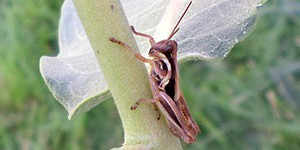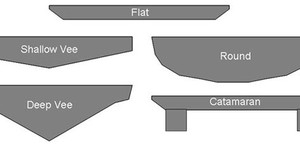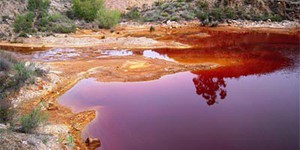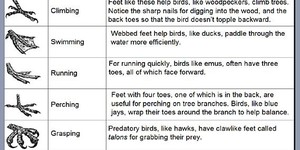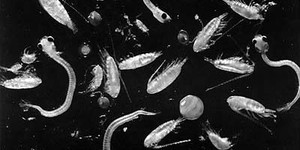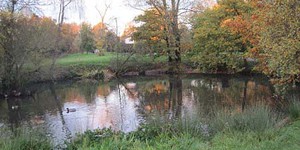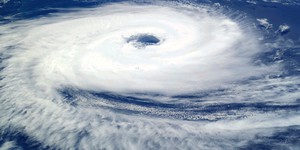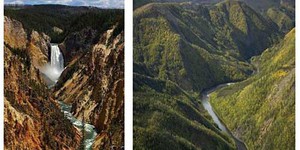Others Like “Timing the Tides” (top 20 results)
|
Baby Beluga may swim in the deep blue sea, but the song does not mention how cold it is out there! Find out in this science project how a bit of blubber can be a useful adaptation when the water is ice cold. Brrrr!
Read more
You can study hazards that affect coastal areas. What geological forces cause a tsunami? A tsunami (Japanese for 'harbor wave') is a wave generated by an undersea earthquake, landslip, or volcanic eruption. You can demonstrate what causes a tsunami by simulating an undersea earthquake with a water table. How does the depth of water effect the height of the wave? Do different slopes of bottom change the speed of the wave? Visit the USGS Coastal and Marine Geology Program to find out about…
Read more
Have you ever wondered how many different types of animals live around your home, like in your backyard or a local park? Animals come in all shapes and sizes, each a small part of the amazing diversity of life. These differences can also help us to classify animals into different groups. One way people classify animals is by their phylum. Do you know which phylum you belong to? In this science project, you will investigate the diversity of the animal life around your home and try to figure out…
Read more
Who'd have thought that drinking milk can lead to a pretty cool boat? Boat design is an important and active area of engineering. In this science fair project, you will design and build different kinds of model boats out of milk cartons. Examples of the types of designs you might test include a raft, a catamaran, and a V-shaped hull. Once the model boats are built, you will test key features, such as stability, maneuverability, and their ability to glide.
Read more
You might know that lead can be toxic, and that you can get lead poisoning from eating or inhaling old paint dust. Lead is called a heavy metal, and there are other sources of heavy metals that can be toxic, too. Silver, copper, mercury, nickel, cadmium, arsenic, and chromium are all heavy metals that can be toxic in certain environments. In this experiment, find out if one common heavy metal, copper, can be toxic to an aquatic environment.
Read more
Animals survive in all sorts of extreme environments, whether it is a polar bear out and about when it is -40°F, a desert iguana trying to find food as the temperature rises to 110°F, or a deep sea anglerfish living 3281 feet down into the sea. How do they do it? The answer is adaptations! Their bodies have special features that allow them to live in those environments. You might not be able to dive down 3281 feet to observe the deep sea anglerfish, but in this science fair project you…
Read more
Have you seen plankton? I am not talking about the evil villain trying to steal the Krabby Patty recipe from Mr. Krab. I am talking about plankton that live in the ocean. In this experiment you can learn how to collect your own plankton samples and see the wonderful diversity in shape and form of planktonic organisms.
Read more
Did you know that when you use fertilizer in your garden, it can eventually reach a lake, stream, or pond? There are many different chemicals present in fertilizers. How will they affect the aquatic organisms in the ecosystem? In this science project you will get to find out!
Read more
We've all heard that hurricanes draw their immense power from warm ocean waters. Of course, many factors contribute to the formation and growth of a hurricane, but can we expect to find that the warmer the water, the stronger the hurricane will be? This project shows you how to use online data archives to investigate this question.
Read more
Have you ever had fun playing with sand and water, observing how little rivers you create carve their way down to the lowest point of the sandbox, backyard or beach? Some meander, others braid, and some carve a path straight down.
Hyrdologists (or scientists who study water) do very much the same thing! Only they set up the model in a particular way, so observing their mini-rivers helps them answer questions about how water flow affects the environment. In this geology science project, you…
Read more
|
Explore Our Science Videos
How Much Weight Can Boats Float?
Test Your Foods for Starch
How to Build a Unicorn Art Bot



